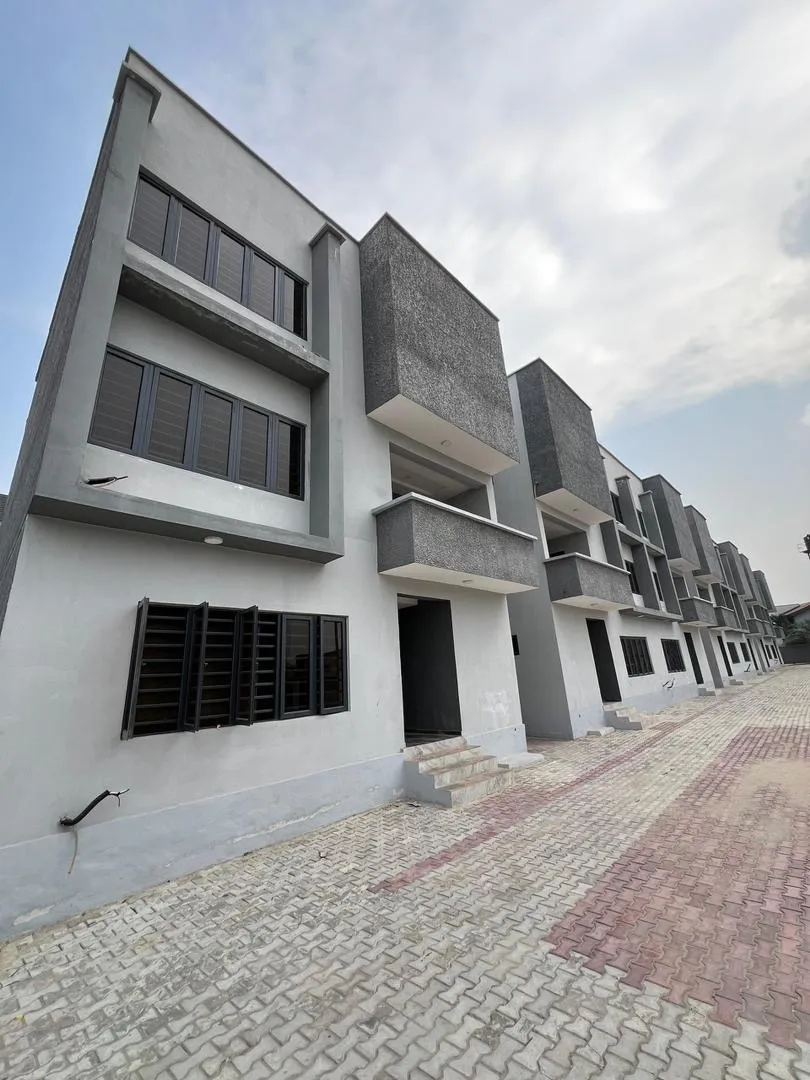Nigeria, the most populous country in Africa, offers a dynamic and diverse real estate market ripe for investment. With a growing population, rapid urbanization, and a burgeoning middle class, the demand for property in Nigeria continues to rise.
However, navigating the intricacies of the Nigerian real estate landscape requires a thorough understanding of the market dynamics, legal framework, and investment opportunities. Here, we explore the various aspects of investing in property in Nigeria, from market trends and regulatory frameworks to key considerations for investors.
Market Overview:
Nigeria’s real estate market is characterized by both residential and commercial sectors, with major cities like Lagos, Abuja, and Port Harcourt driving demand.
Residential properties in Nigeria for sale range from luxury apartments and detached houses to affordable housing units, catering to diverse income segments.
The commercial real estate sector encompasses office spaces, retail outlets, industrial properties, and hospitality establishments, reflecting the country’s growing business landscape.
The real estate market in Nigeria is influenced by factors such as population growth, urbanization, infrastructure development, and economic stability.
Investment Opportunities:
Residential Real Estate: Demand for residential properties remains strong, particularly in urban centers where population density is high. Investors can capitalize on opportunities in both high-end luxury developments and affordable housing projects targeting the middle and lower-income segments.
Commercial Real Estate: Nigeria’s expanding economy has fueled demand for commercial properties, especially in prime locations within major cities. Office spaces, retail outlets, and industrial properties present lucrative investment prospects for both local and international investors.
Hospitality Sector: With the growth of tourism and business travel, the hospitality sector offers promising investment opportunities. Hotels, resorts, and serviced apartments cater to the needs of domestic and international travelers, tapping into Nigeria’s growing hospitality market.
Regulatory Framework:
The legal framework governing real estate transactions in Nigeria includes various laws and regulations at the federal, state, and local levels.
The Land Use Act of 1978 is a fundamental legislation that vests land ownership in state governments, requiring individuals and corporate entities to obtain land titles or leases from relevant authorities.
Other regulatory bodies such as the Federal Ministry of Works and Housing, the Nigerian Investment Promotion Commission (NIPC), and state-level agencies oversee aspects of real estate development, investment, and registration.
Investors must adhere to regulatory requirements, obtain necessary permits and approvals, and conduct due diligence to ensure compliance with local laws and regulations.
How To Find Property in Nigeria:
Market Research: Conduct thorough market research to identify high-demand areas, assess property values, and understand market dynamics before making investment decisions.
Legal Due Diligence: Engage legal professionals with expertise in Nigerian real estate law to navigate legal complexities, review documentation, and ensure compliance with regulatory requirements.
Risk Management: Evaluate risks associated with investment in Nigerian real estate, including political instability, currency fluctuations, legal disputes, and market volatility. Implement risk mitigation strategies to safeguard investments.
Partnerships and Networking: Collaborate with local partners, real estate professionals, and industry stakeholders to access market insights, leverage local expertise, and explore joint venture opportunities.
Long-Term Perspective: Adopt a long-term investment perspective when entering the Nigerian real estate market, considering factors such as capital appreciation, rental yields, and economic trends over time.
Investing in property in Nigeria offers promising opportunities for investors seeking exposure to Africa’s largest economy and real estate market. With its growing population, urbanization trends, and expanding business landscape, Nigeria presents a dynamic environment for residential, commercial, and hospitality real estate investments. However, navigating the complexities of the Nigerian real estate market requires careful planning, thorough research, and adherence to legal and regulatory frameworks. By understanding market trends, conducting due diligence, and implementing effective risk management strategies, investors can capitalize on the diverse opportunities available in Nigeria’s vibrant real estate sector.

Be First to Comment